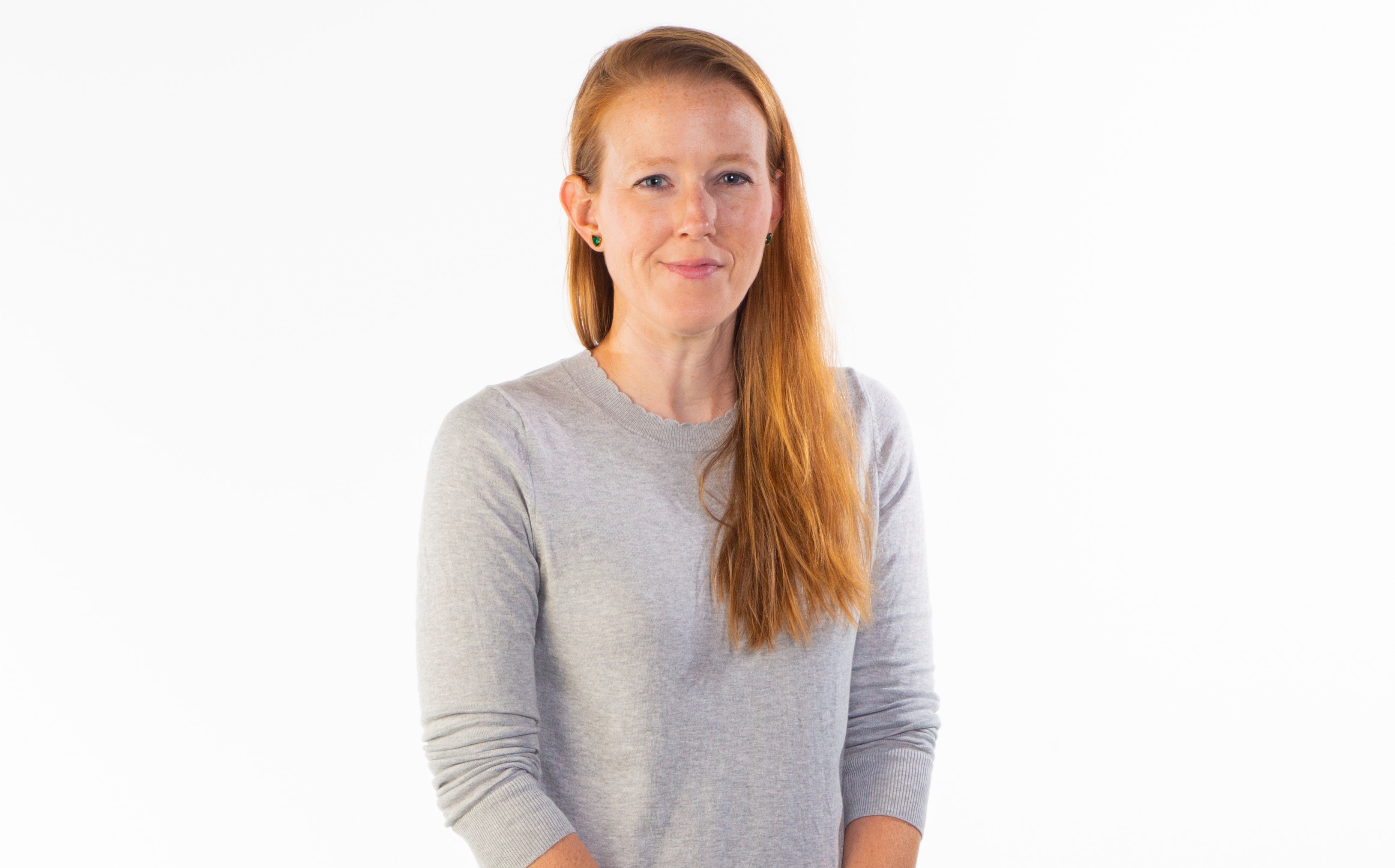Baylor University Professor Among Winning Team for $100 Million U.S. Department of Energy Grant

Amanda S. Hering, Ph.D., associate professor of statistical science at Baylor University and site director of the Baylor team with the National Alliance for Water Innovation (NAWI).
Media Contact: Lori Fogleman, Baylor University Media and Public Relations, 254-710-6275
Follow us on Twitter: @BaylorUMedia
Statistical science professor Amanda Hering is part of a national research consortium to transform the U.S. water system through desalination
WACO, Texas (Oct. 23, 2019) – Baylor University has partnered with four Department of Energy laboratories and more than a dozen universities in a research alliance to address the nation’s water security issues through desalination and will share in a $100 million grant funding the project for five years.
The National Alliance for Water Innovation (NAWI) is a public-private partnership headquartered at Berkeley Lab and includes Oak Ridge National Laboratory, the National Renewable Energy Laboratory, 18 founding university partners—including Baylor University—and 10 founding industry partners.
The NAWI team will develop technologies that treat seawater, brackish water and produced waters for use in municipal, industrial, agricultural, utility, oil and gas and other water supply needs. These technology advancements will help domestic suppliers of water desalination systems to manufacture critical components and parts—including the design and manufacture of small-modular and large-scale systems.
NAWI’s goal is to enable the manufacturing of energy-efficient desalination technologies in the United States at a lower cost with the same (or higher) quality and reduced environmental impact for 90 percent of non-traditional water sources within the next 10 years.
As a DOE innovation hub, NAWI will conduct research and also develop a road map to prioritize the highest impact technology options, then identify and solicit projects to support those priorities.
Amanda S. Hering, Ph.D., associate professor in the department of statistical science at Baylor University, is the site director of the Baylor team. She is a leading researcher in the area of statistics as applied to environmental and engineering problems related to water. Her connection to NAWI began more than two years ago based on her work in data-driven automation of decentralized wastewater treatment facilities with her environmental engineering colleagues at Colorado School of Mines.
Hering came to Baylor University in 2016, and for the past three years, her work has been externally funded by the National Science Foundation and King Abdullah University of Science and Technology. Her research interests are in using data for anomaly detection in environmental problems, often pertaining to water treatment and water quality. With decentralized wastewater treatment, the variability in the quality and quantity of influent water increases substantially and requires real-time monitoring to reduce risks to system, environmental and public health. Hering’s work aligns with the signature academic initiatives, particularly in combining Data Sciences with Health, within the University’s Illuminate strategic plan.
“Baylor University has a critical mass of faculty who are doing research related to water resources, and our membership in the NAWI consortium will present opportunities for Baylor University faculty to collaborate with member national labs and universities, apply for external support and contribute to the research vision,” Hering said. “As Baylor’s representative to NAWI, my role is to assist with identifying research opportunities that match the profile of Baylor faculty.”
NAWI’s vision for creating a stable and resilient water supply for agriculture, industry and communities involves a circular water economy, where water is treated to fit-for-purpose standards and reused locally, rather than transporting freshwater long distances.
“Our national research program will enable scientists from industry, academia and the national labs to work together to develop new technologies to make desalination and water treatment more efficient, more reliable and lower cost,” said Peter Fiske, director of Berkeley Lab’s Water-Energy Resilience Research Institute and executive director of NAWI. “Our research program will invite broad participation using a series of research proposal calls, with the first anticipated in June of 2020.”
NAWI was formed two years ago to support DOE’s goal of establishing the Energy Water Desalination Hub. It consists of two parts: the core research consortium (which includes the three national labs along with the founding academic and industry partners) and the larger NAWI Alliance (which includes more than 100 U.S. organizations and whose membership is open).
ABOUT BAYLOR UNIVERSITY
Baylor University is a private Christian University and a nationally ranked research institution. The University provides a vibrant campus community for more than 17,000 students by blending interdisciplinary research with an international reputation for educational excellence and a faculty commitment to teaching and scholarship. Chartered in 1845 by the Republic of Texas through the efforts of Baptist pioneers, Baylor is the oldest continually operating University in Texas. Located in Waco, Baylor welcomes students from all 50 states and more than 90 countries to study a broad range of degrees among its 12 nationally recognized academic divisions.
ABOUT THE COLLEGE OF ARTS & SCIENCES AT BAYLOR UNIVERSITY
The College of Arts & Sciences is Baylor University’s oldest and largest academic division, consisting of 25 academic departments and seven academic centers and institutes. The more than 5,000 courses taught in the College span topics from art and theatre to religion, philosophy, sociology and the natural sciences. Faculty conduct research around the world, and research on the undergraduate and graduate level is prevalent throughout all disciplines. Visit www.baylor.edu/artsandsciences.